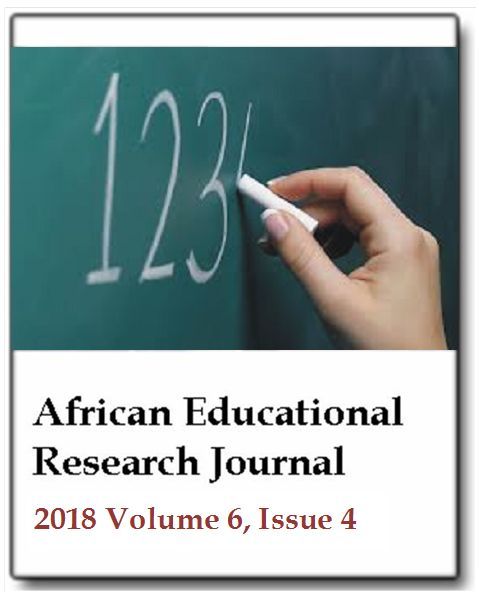Prioritization of girls' schooling: Is there an intergenerational impact in Niger?
Ali Yedan and Danni Abdoulaye OumarouAfrican Educational Research Journal
Published: December 17 2018
Volume 6, Issue 4
Pages 288-302
DOI: https://doi.org/10.30918/AERJ.64.18.095
Abstract
This paper aims to assess the impact of the parents' education on the progeny schooling using the Demographic and Health Survey (DHS) data of Niger. It focuses on verifying whether the mothers' education better impacts the children schooling, and therefore measures the intergenerational efficiency of the pro girls schooling policies in the case of Niger. The results prove that the education of female today could lead to a significant increase in the education of the children of tomorrow. However, this rise is slightly (or even not significant according to econometric models) lower than the rise due to the education of male. Furthermore, having both parents educated and uneducated have respectively strongly positively and negatively significant impact on the probabilities that their children go to school. Therefore, with the goal of an education system dynamically efficient, there is a necessity not to neglect the endeavors and political decisions for male in Niger. Any prioritization of one sex over the other is not justified in a mid or long-term vision, especially females' one over males.
Keywords: Parental education, intergenerational impact, prioritization, probability of schooling.
Full Text PDFThis article is published under the terms of the Creative Commons Attribution License 4.0

